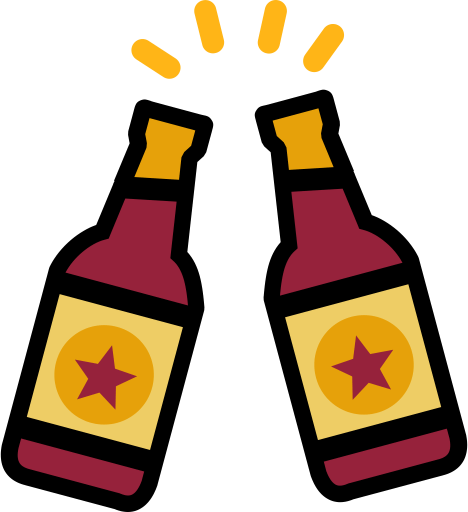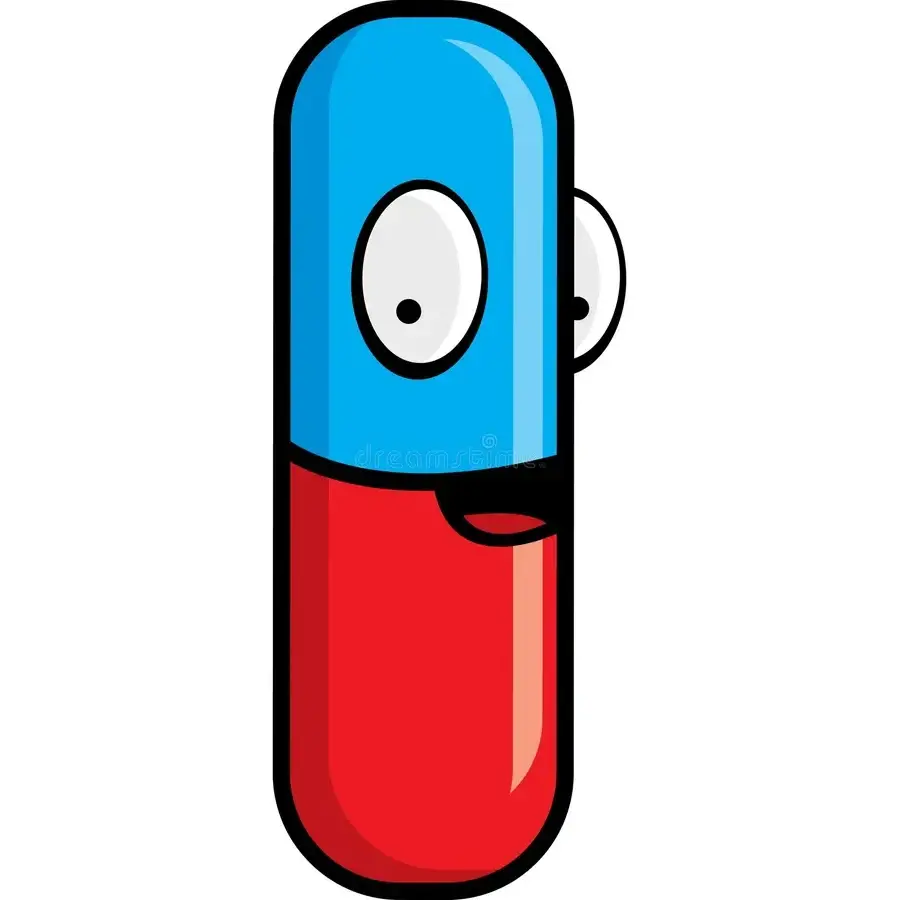I ordered a cheap chinese optical refractometer from Amazon to use for convenience instead of a traditional hydrometer. It seemed accurate enough after calibration, I don’t expect magic or lab results. Ballpark is fine by me.
I got suspicious when my cider and wine have kept stopping at 1.020-1.025 and nothing I whatever I tried would only make them bubble for another few days and reduce a couple of degrees Oe. So I did a reading with my hydrometer to verify. Yep, the SG for the cider ~1.000 and with the wine in negatives.
Checking out the refractometer it says it is for beer.
Is there a difference for wine and beer refractometers? Is is this refractometer, cheap chinese ones in general or is it me?
Cheers
Edit: twas me
Refractometers work with water and sugar. You have water and alcohol at the end of fermentation, which will not give you accurate readings.
I believe there is a graph somewhere where you can look up the value you read and get the true value.
The floating hydrometers works as expected, but the refractometers are convenient. You just have to know when to use them 🙂
Oh, that makes sense. I guess it be further research time. Thanks.
This is a classic mistake people make to try and measure final gravity with a Refractometer.
As everyone else has said, the alcohol in the solution throws it off.
You need to use a correction calculator or just use it for initial gravity and get a test tube and float your hydrometer in it for final gravity
Refractometers are one of the most misunderstood tools in home brewing. The two biggest mistakes are using the sg side of a dual brix/sg scale (the conversion is non-linear, and the scale will likely become increasingly off between the two the higher the gravity), and using one like a hydrometer, ie simply subtracting final from original gravity. Instead, only use the brix side of the scale, and use a calculator such as this one to determine the actual specific gravity/abv once fermentation begins: https://www.brewersfriend.com/refractometer-calculator/ (don’t worry too much about the Wort Correction Factor.) Do that, and your refractometer will be your best friend.
Thanks! I’ll look into it!



